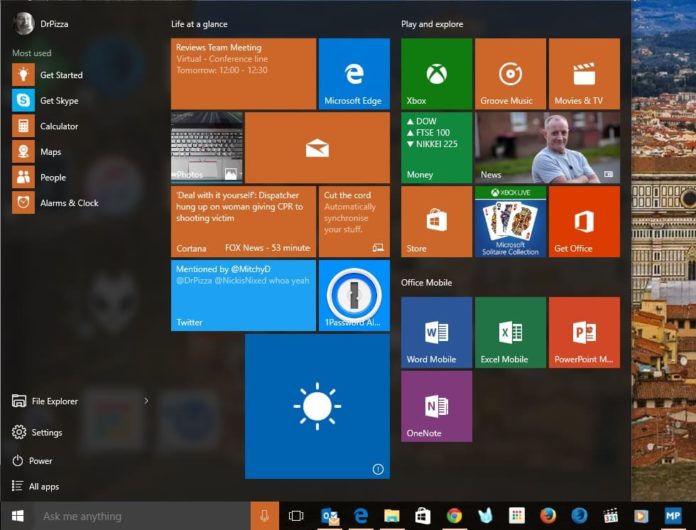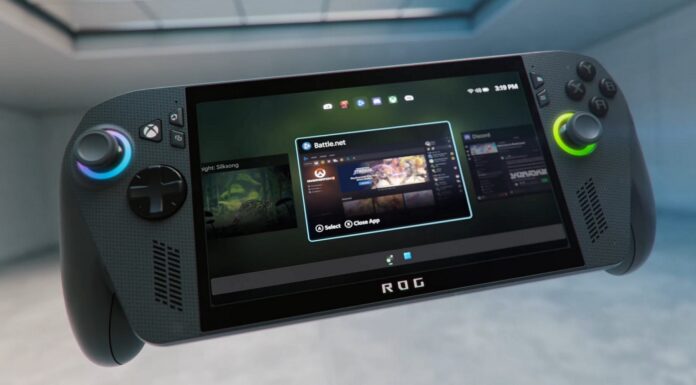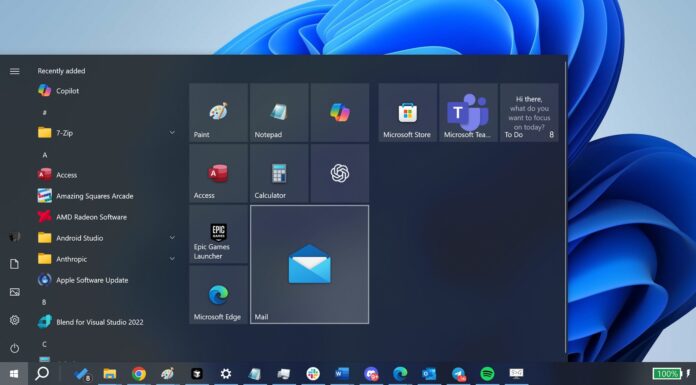Microsoft’s Windows 7 operating system will stop receiving updates and patches on January 14, 2020. It means that the systems still running Windows 7 will be vulnerable to security threats and it must be upgraded to a newer version to continue getting security patches and features.
The app compatibility issues are among the biggest drawbacks that business had to deal with after upgrading to Windows 10 from an older version of the operating system.
Staffordshire-based system builder Stone Group will supply Public Health England (PHE) with 6,200 Toshiba and Lenovo devices powered by Microsoft’s latest desktop system and migrate its 5,500 staff to Windows 10 devices, as part of the deal.
It certainly makes sense for Public Health England (PHE) weaned on Windows 7 devices to migrate to Windows 10 as Microsoft would stop supporting the old operating system by January 2020.
“This means we are very well placed to help PHE transition to the new Windows 10 devices seamlessly. For PHE, this was a real game changer, and eased their decision to choose Stone as their preferred supplier,” says Simon Pettit, corporate director at Stone Group.
It is also worth noting that new Windows 10 devices will be pre-configured to use Stone’s System Centre Configuration Manager solution.
It’s likely that the migration will complete real soon but the organization also has to deal with compatibility issues that need to be addressed before switching some systems to Windows 10.
In the past few years, the organizations with Windows 10 have praised the operating system for both security and performance. Needless to say, Windows 10 is the most secure version of Microsoft’s desktop platform and it has also improved the application performance on some hardware.
In April, the United States Department of Defense (DoD) also completed the migration to Windows 10 with nearly all systems running Microsoft’s latest desktop operating.
Microsoft recently revealed that Windows 10 is steadily growing amongst businesses and organizations.
Disclaimer: The above story is based on a report from Channel Web UK. Windows Latest make no claims or guarantees, and shall not be held responsible for anything we say in this article.






















